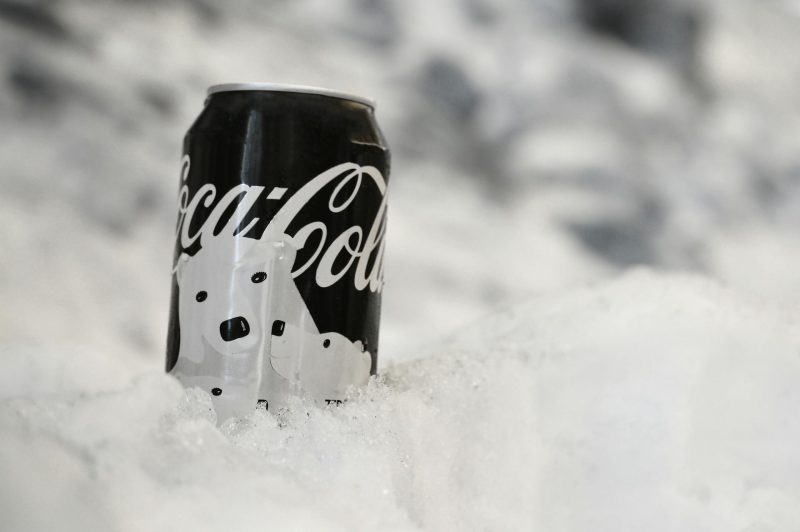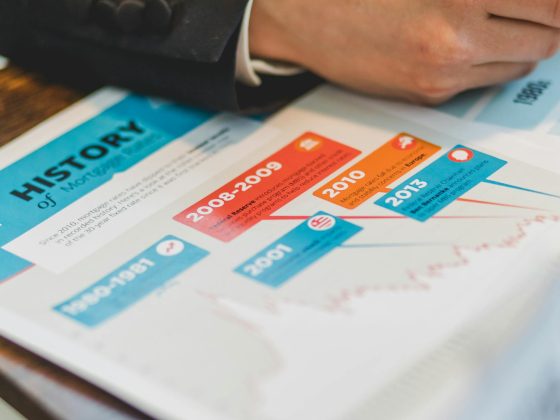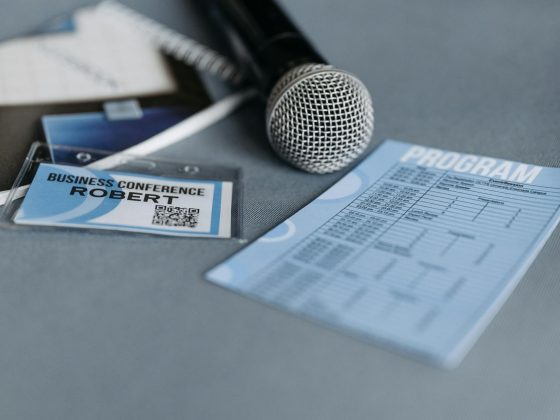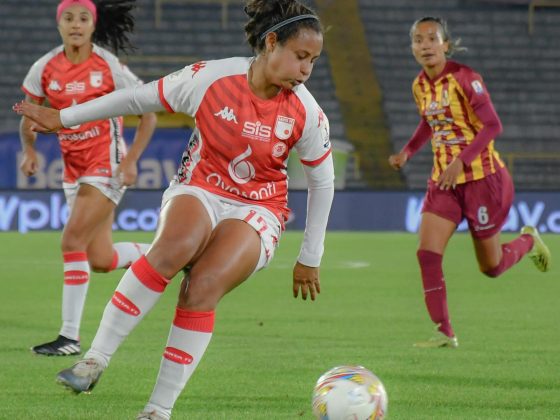Coca-Cola Company which is the largest beverage company across the globe has in the recent past been under pressure over the effects of the products that contain sugar. As the effects of obesity, diabetes, and other diseases associated with high sugar intake become more apparent, consumers are calling for better-quality products.
This article looks at how Coca-Cola is dealing with these problems and diversifying its product portfolio away from sugary soft drinks toward water, tea, energy drinks, and other healthier products.
The Shift in Consumer Preferences
The primary focus of Coca-Cola for many years has been its main product coke, which is a soda famously known and widely consumed in America and across the world. However, over the past few years, people have become more conscious of the health consequences of consuming sugary beverages.
Consumer consciousness has been raised by policies and laws, taxes on sugar, and health campaigns on what people should and should not consume.
Coca-Cola which for a long time operated mainly in the soda market experienced the dilemma of sustaining market dominance as these health issues unfolded. Its core product was being perceived as a product that was adding no nutritional value, while consumers wanted natural juice products. This change was greatly threatening the company’s supremacy and forced Coca-Cola to embrace a new age of self-consciousness.
Expanding Into Healthier Beverage Categories
Due to the customers’ needs, Coca-Cola has expanded its offering portfolio and added healthier options for consumption instead of the usual soda. This is therefore a strategic shift to capture a new market that is health conscious. Here are some of the key categories Coca-Cola is focusing on:
1. Bottled Water
Coca-Cola has seen bottled water as an important part of its healthy beverage plan. The company has several well-known brands of bottled water that are well known in most markets, they include Dasani and Smartwater. Water being a natural product that has no calorie content and is free from sugar has become a key product within the beverages market. For instance, bottled water has been consumed more than carbonated soft drinks in some markets.
To remain competitive, Coca-Cola has adapted to growth in the water category through the production of enhanced water products. Smartwater, for example, is advertised as the special water with electrolytes for the body. Coca-Cola has also tried to establish a green approach with its packaging which is also a health plus for the modern approach to sustainability.
2. Ready-to-Drink Tea
Coca-Cola also moved into ready-to-drink (RTD) tea which is viewed as better than soda because of its health implications to consumers by the medical professionals. Through alliances and acquisitions, this soft drink giant has established itself well in this market. One of the acquisitions is Honest Tea, a brand that is famous for its organic and low-sugar drinks. Coca-Cola also has Gold Peak and Peace Tea brands which have several products for consumers who are looking for natural low-calorie products.
Tea has been consumed more often because it is believed to be healthy and rich in antioxidants and a natural source of energy. With the range of teas, Coca-Cola is targeting another niche that involves people who want to take something healthy, delicious, and refreshing instead of a sugary drink.
3. Energy Drinks
Despite shortcomings associated with the health effects of energy drinks, they continue to attract consumers and are preferred by certain groups such as young adults and athletes. Coca-Cola’s first significant foray into the energy drink market happened in 2015 when it bought stakes in Monster Beverage Corporation. Monster is currently one of the most recognizable energy drink brands that focuses mainly on offering rather potent tastes and is strongly marketed to active, high-energy consumers.
Coca-Cola’s involvement in this category again shows its versatility in satisfying consumer needs and tastes. In this case, energy drinks may not seem like the next big thing in the health-conscious world; however, Coca-Cola has targeted functional beverages that can be consumed to improve focus and performance. Coca-Cola has developed low-sugar and no-calorie energy drink options that meet both the energy and health needs of consumers.
4. Plant-Based and Functional Beverages
Coca-Cola has also ventured into plant-based and functional beverage categories that offer beverages with nutrients such as vitamins, minerals, and probiotics. Topo Chico and ZICO coconut water are just examples of how Coca-Cola is targeting the market of people who want to stay healthy, improve digestion, and get nutrients with the help of a drink.
Sometimes, these plant-based drinks are consumed by those strictly sticking to the vegan/paleo/keto diet, or individuals simply trying to cut down on the amount of processed drinks they take.
Coca-Cola’s Health-Conscious Future
The changes that occurred in Coca-Cola are the result of market trends and future changes in people’s perceptions of health and fitness. Even though soda will continue to be a large segment of its offering, the company’s aggressive expansion into bottled water, tea, energy products, and plant-based products shows that it is willing to change with the consumers.
Image source: pexels.com









